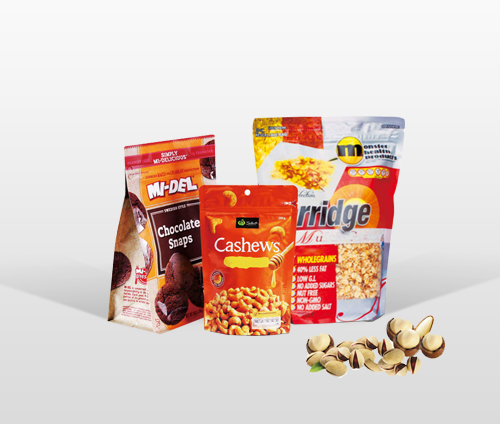 Tel: +86 188 2689 9458
Tel: +86 188 2689 9458
 Tel: +86 188 2689 9458
Tel: +86 188 2689 9458
source:Industry News release time:2022-11-25 Hits:

According to the source of raw materials, biodegradable plastics can be divided into two categories: bio based biodegradable plastics and petrochemical based biodegradable plastics.
The biodegradable plastics can be divided into four categories: one is the plastics directly processed from natural materials; The second is the polymer obtained by microbial fermentation and chemical synthesis; The third type is polymer directly synthesized by microorganisms; The fourth category is biodegradable plastics obtained by blending these materials or by blending these materials with other chemically synthesized biodegradable plastics.
Petrochemical based biodegradable plastics refer to the plastics obtained by polymerization of petrochemical product monomers by chemical synthesis, such as PBAT, polybutylene succinate, carbon dioxide copolymer, etc.
According to the classification of biodegradation process, biodegradable plastics can be divided into completely biodegradable plastics and destructive biodegradable plastics. Destructive biodegradable plastics currently mainly include starch modified polyethylene (PE), polypropylene (PP), polyvinyl chloride (PVC), polystyrene (PS), etc.
Fully biodegradable plastics are mainly made from natural polymers or agricultural by-products through microbial fermentation or synthesis of biodegradable polymers, such as thermoplastic starch plastics, aliphatic polyester, polylactic acid, starch/polyvinyl alcohol, etc.
Biodegradable plastics based on natural materials such as starch currently mainly include the following products: polylactic acid, polyhydroxyalkanoate, starch plastics, bioengineering plastics, and biological general-purpose plastics.
According to the different raw materials, there are several common biodegradable plastics.
Polycaprolactone
This kind of plastic has good biodegradability, and its melting point is 62 ℃. The microorganisms that break it down are widely distributed in the pleasant or unpleasant conditions. As a biodegradable material, it can be mixed with starch and cellulose materials or polymerized with lactic acid.
Read recommendations:
China Factory Baby Complementary Food Spout Pouch Baby Food Fruit Puree Bag With Spout Packaging Bag
The common problems of self -standing bags are here, the solutions are here
Popular recommendation
3L 5L Bag-In-Box Wine Dispenser Coffee/ Juice/ Water/ Oil Bag-In-Box With Valve
Custom Print Side Gusset Coffee Pouch Black Matte Coffee Beans Packaging With Valve
Flexible packaging film roll
coffee powder pouch price
aluminum foil bags for cooking custom
spout pouch bags Factory
flexible packaging houston sales
Spout pouch manufacture
smart food Snack food bag distributors
bag in box wine company
How did the bag pattern come from?
What are the benefits of vacuum rice packaging?
Top-line packaging exhibition
Composite packaging bag
The selection details of paper bag making are important
What is the sealing length of the bag in box?
Requirements for medical sterilized paper plastic packaging bags.coffee pouch with valve packaging S
How to Select the Material of Food Vacuum Packaging Bag
How to correctly choose plastic bags for food?
What are the inspection standards for food packaging bags?
drink pouches with spout custom.Talking about the production process of plastic packaging bags
Detailed introduction about food packaging bags
Why choose aluminum foil bags for mask packaging bags
Function of food packaging bags.food products and packaging
Aluminum foil bag manufacturers are widely used in aluminum foil bags and have many advantages
Food packaging manufacturers introduce you to the packaging bag's transparency is not good
Difficulties in Aluminum Foil Bag Packaging Technology.Aluminum foil bag company
Current Situation and Prospects of the Global Packaging Machinery Market.vacuum sealer bags for food
Why choose plastic vacuum bag for food packaging?
How to remove the rice packaging bag?